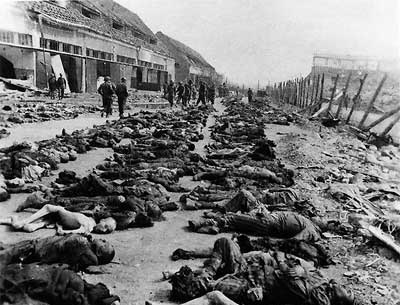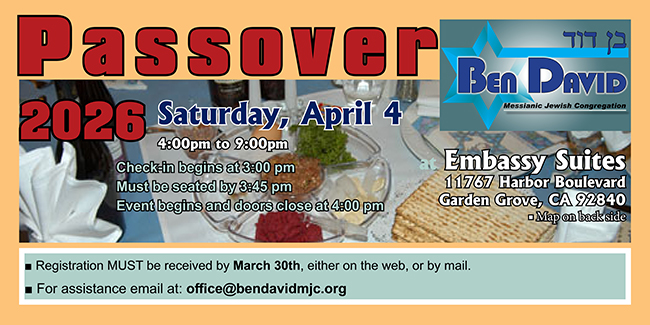Testimonies from Holocaust Survivors
 The Holocaust was the murder of approximately six million Jews by the Nazis and their collaborators. Because Nazi discrimination against the Jews began with Hitler's accession to power in January 1933, many historians consider this the start of the Holocaust era. The Jews were not the only victims of Hitler's regime, but they were the only group that the Nazis sought to destroy entirely.
The Holocaust was the murder of approximately six million Jews by the Nazis and their collaborators. Because Nazi discrimination against the Jews began with Hitler's accession to power in January 1933, many historians consider this the start of the Holocaust era. The Jews were not the only victims of Hitler's regime, but they were the only group that the Nazis sought to destroy entirely.
The term Holocaust is defined as a large-scale destruction of life. The word Holocaust is of Greek origin and it means "sacrifice by fire." The Hebrew word for Holocaust is Shoah and it means "catastrophe."
Every year, we hold Holocaust Memorial Services. Several Holocaust Survivors have visited and presented their experiences at our Yom HaShoah Services:
April 18, 2015, with Bertie Lubinsky
April 26, 2014, with Sam Silberberg
April 21, 2012, with Ruth Treeson
April 30, 2011, with Regina Hirsch
April 18, 2009, with David Faber
May 3, 2008, with Leon Leyson
continued:

